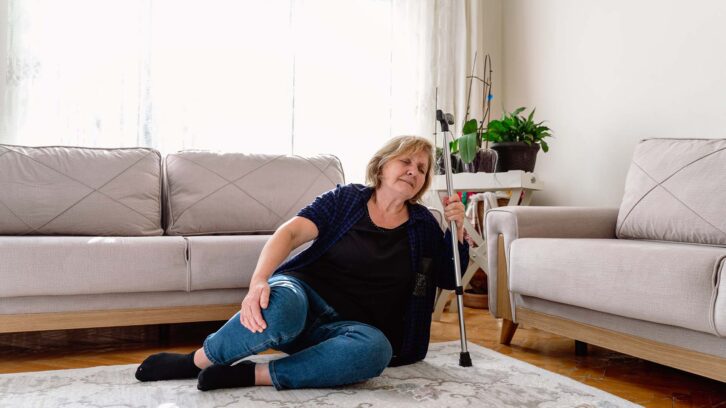Supporting identity and its opportunity for expression may be a better way of looking at falls risks

Person centered home care requires sensitivity to the character, identity, wishes and abilities of the person.
Much care provision is still overly focused on completing set tasks, on illness, “age” and the many risks posed by daily living. Person centered home care is dependent on close collaborative relationships sensitive to the person, their preferences, their social and emotional needs and capacities.
Capacities include a person’s mental, physical, spiritual, social and emotional assets and their desire to express them through daily activities, interests, social networks and community. At Mosaic we emphasise what we can do to help the person to express independence and control, and to live meaningfully in their home and community.
Best practises should look at opportunities to develop and maintain physical ability, creative skillsets and social networks at levels meaningful to the person. One important way to do this is to incorporate simple strength and balance exercises into daily life. Research shows that exercises emphasising basic physical strength can support independence and reduce the need for home care supports. We would also emphasise the importance of providing opportunities to continue to do things that might otherwise be done unnecessarily by care providers. Care services should also look to engage family, friends and community, in keeping with the person’s wishes and preferences.
While professional providers of home care services must be aware of medical needs and circumstances to safely provide care, we believe that we have to engage from the person up in order to give voice to and actualise the capacities and identities of persons living in our communities. Home care is not about the loss of identity but the continued support of its expression in daily life.